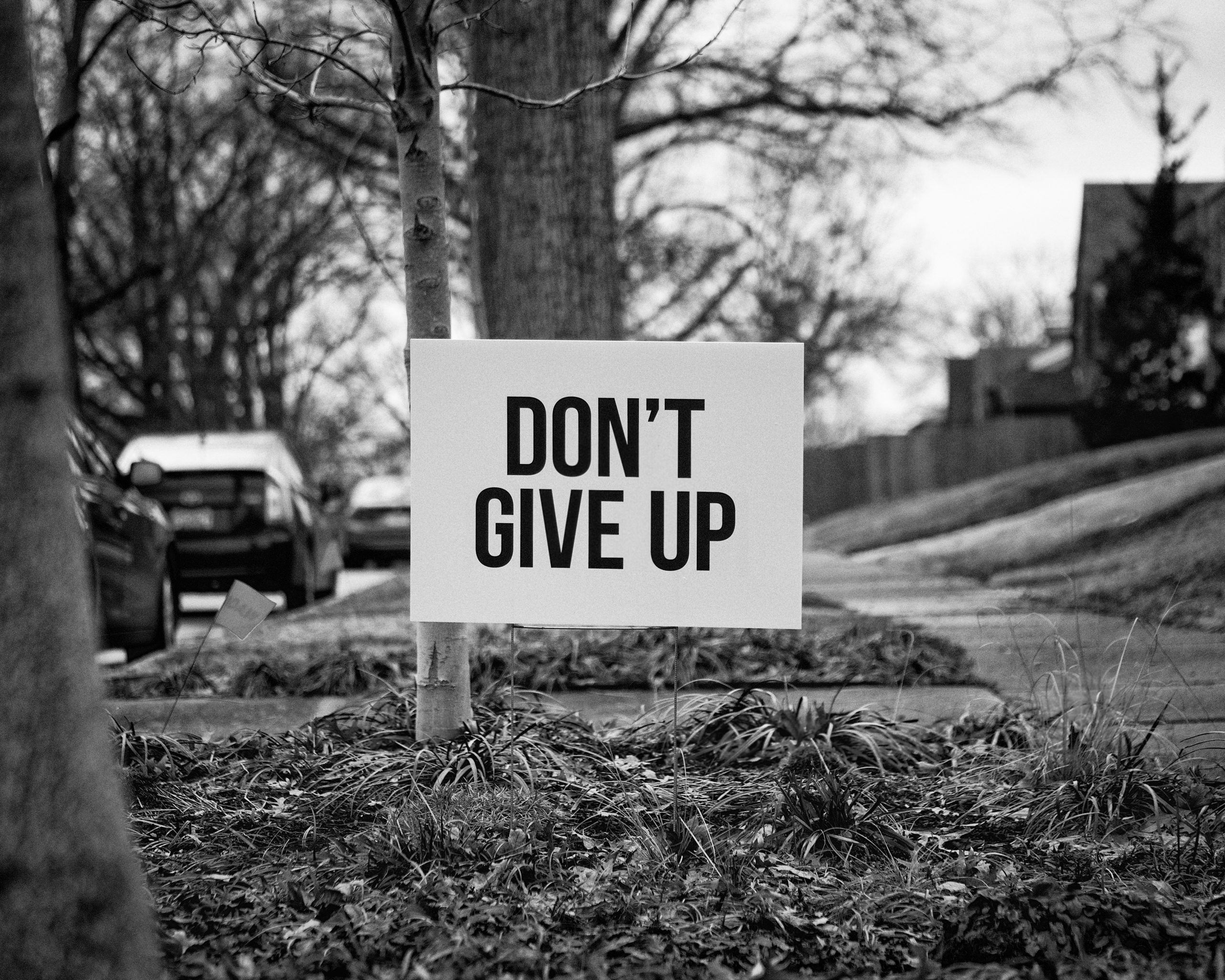الْحَمْدُ لِلَّهِ نَحْمَدُهُ وَنَسْتَعِينُهُ وَنَسْتَغْفِرُهُ وَنَعُوذُ بِاللَّهِ مِنْ شُرُورِ أَنْفُسِنَا وَمِنْ سَيِّئَاتِ أَعْمَالِنَا”
مَنْ يَهْدِهِ اللَّهُ فَلَا مُضِلَّ لَهُ وَمَنْ يُضْلِلْ فَلَا هَادِيَ لَهُ
“وَأَشْهَدُ أَنْ لَا إِلَهَ إِلَّا اللَّهُ وَحْدَهُ لَا شَرِيكَ لَهُ وَأَنَّ مُحَمَّدًا صَلَّى اللَّهُ عَلَيْهِ وَسَلَّمَ عَبْدُهُ وَرَسُولُهُ
“All praise is to Allah. We praise him, we seek His help, His forgiveness, and we seek refuge in Allah from the evil within ourselves and of our actions. Whomsoever Allah guides, none can misguide him. Whomsoever Allah leads astray, none can guide him.
I testify there is no God but Allah alone, without any partners, and that Muhammad, peace and blessings be upon him, is His servant and messenger.”
Welcome to the Friday Khutbah! A weekly series on the AlMaghrib Journal, based on sermons delivered by our esteemed instructors! We hope you find it beneficial!
Do you ever feel completely helpless?
Sometimes the world seems like it’s burning. Maybe it’s the injustice and oppression you see dominating the headlines, or maybe it’s something personal, like your own life is falling apart, and no matter how hard you try, you feel powerless, convinced that nothing will change.
Psychologists have a term for this: it’s called learned helplessness.
It’s when you’ve tried again and again to fix something, faced difficulty after difficulty, and you’ve finally said to yourself, “there’s no point in trying. I can’t do it.”
But the truth is, most of the time, there is still something you can do.
The student who fails one exam, then two, then three, and concludes, “this is not for me still” has options: tutoring, extra study, consulting experts.
The smoker who says, “I’ve tried 100 times to quit,” doesn’t realize that some succeed after 1,000 tries, and they didn’t just try the same way every time; they changed strategies, they got help, they approached things differently.
The same applies when you see the genocide in Palestine, massacres in Sudan, and struggles of Muslims all over the world. Yes, it’s overwhelming. But that does not mean you stop acting. The Quran and Sunnah are full of examples that tell us: Keep going.
Here are just a few examples of how to build hope and resilience in times of hardship.
Maryam (عليها السلام): Take Action Even in Desperation
Maryam (عليها السلام) was in the middle of one of the most miraculous and trying moments of her life. In her pain, she heard:
وَهُزِّي إِلَيْكِ بِجِذْعِ النَّخْلَةِ تُسَاقِطْ عَلَيْكِ رُطَبًا جَنِيًّا
“And shake towards yourself the trunk of the palm tree; it will drop upon you ripe, fresh dates.”
[Quran, 19:25]
Think about this: she was exhausted, in pain, and yet Allah ﷻ still told her to act. Shake the tree, even though Allah could have made the dates fall without her lifting a finger.
Why? Because action matters. Even when you feel you have nothing left, you still move. You still take the step that’s within your control.
Ask yourself in moments of despair: “What can I do right now that pleases Allah?” Maybe it’s helping someone else. Maybe it’s organizing relief. Maybe it’s a sincere dua that shakes the heavens. Never belittle the power of dua.
Yunus (عليه السلام): Accountability in the Depths
Imagine you are Yunus (عليه السلام) in the belly of a whale, in the depths of the ocean, in total darkness. Where no person can hear or save you.
From the deepest and darkest depths, he called out:
فَنَادَى فِي الظُّلُمَاتِ أَنْ لَا إِلَٰهَ إِلَّا أَنْتَ سُبْحَانَكَ إِنِّي كُنْتُ مِنَ الظَّالِمِينَ…
“…He called out in the darknesses: There is no god but You; You are perfect; indeed, I have been of the wrongdoers.”
[Quran, 21:87]
There are three beautiful components to this dua:
- لَا إِلَٰهَ إِلَّا أَنْتَ – Ya Allah, You alone are God. You alone can save me.
- سُبْحَانَكَ – Ya Allah, You are perfect in Your wisdom, Your decree, and even in this test.
- إِنِّي كُنْتُ مِنَ الظَّالِمِينَ – Ya Allah, I did wrong. I own it.
This is not self-pity, it’s self-accountability. Sometimes we feel hopeless because we haven’t looked inward. Allah tells us:
إِنَّ اللَّهَ لَا يُغَيِّرُ مَا بِقَوْمٍ حَتَّىٰ يُغَيِّرُوا مَا بِأَنفُسِهِمْ…
“…Indeed, Allah does not change the condition of a people until they change what is within themselves.”
[Quran, 13:11]
Change starts inside. Repentance and istighfar are keys that unlock relief in this life.
The Prophet ﷺ said about this dua of Yunus: “Verily, a Muslim never supplicates for anything with it but that Allah will answer him.” [Sunan Al-Tirmidhi]. Apply it to your marriage, your studies, your finances, your health, and the suffering of the ummah.
Musa (عليه السلام): Helping Others Helps You
Musa (عليه السلام) was fleeing Egypt, his life in danger. Yet when he saw two women struggling to water their animals, he stopped and helped them.
Helping others is not just noble, it heals you. Research confirms what the Quran and Sunnah already taught: serving others can ease your anxiety, lift depression, and bring barakah that changes your own situation.
If you can’t fix your entire life today, fix something for someone else. That act could be the very key to your own relief.
Yusuf (عليه السلام): Advocate for Yourself and Keep Your Worth
In prison, Yusuf (عليه السلام) told the inmate who would be freed: “Mention me to your master.” And when he was freed, he told the king:
اجْعَلْنِي عَلَىٰ خَزَائِنِ الْأَرْضِ إِنِّي حَفِيظٌ عَلِيمٌ
“Place me in charge of the storehouses of the land; indeed, I am trustworthy and knowledgeable.”
[Quran, 12:55]
Normally, Islam warns against seeking power. But Yusuf was qualified, a prophet, and his leadership would prevent harm. He didn’t let betrayal or years in prison strip him of his self-worth. His value came from Allah, not people.
And when he had the power to take revenge on his brothers — he forgave. That’s prophetic resilience: imagining what you will do when relief comes, and choosing mercy over vengeance.
Nuh (عليه السلام): Dua Never Ends
Nuh (عليه السلام) faced mockery, propaganda, and rejection for 900 years, all from the very people he was trying to save.
How did he find his resolve? What was his source of strength? How did he respond when the world turned against him?
فَدَعَا رَبَّهُ أَنِّي مَغْلُوبٌ فَانْتَصِرْ
“So he called upon his Lord, ‘I am overpowered, so help me.’”
[Quran, 54:10]
Like all the Anbiya, Nuh teaches us that dua is your first call of action when trying to change your situation. It’s the step you never abandon.
Conclusion: Never Give Up
Do not give up on dua. Do not give up on resilience. Do not give up on the actions you can take, on self-reflection, on manageable plans, on uniting with others.
May Allah forgive us, grant us relief, and free every oppressed land.



Recent Comments